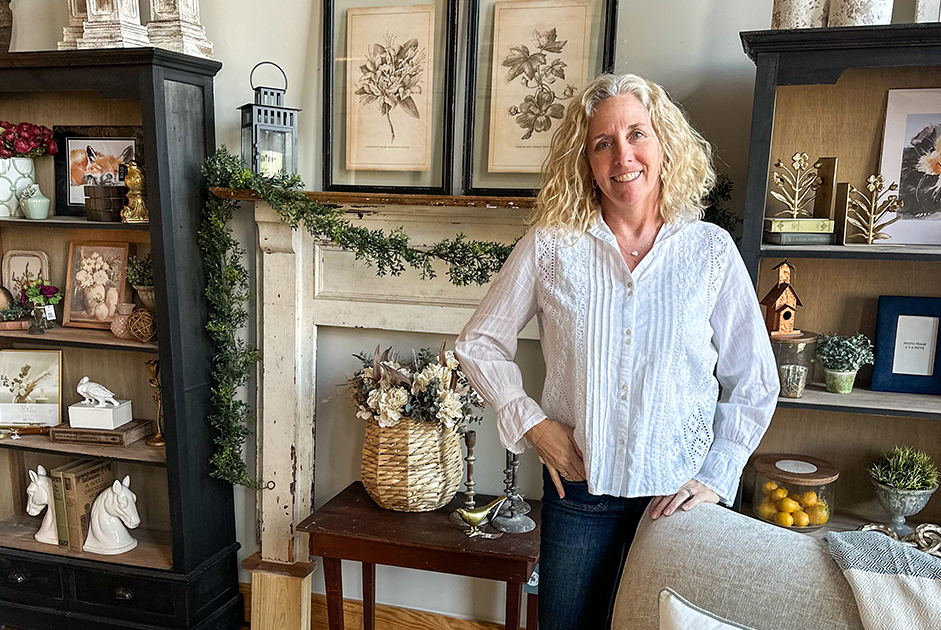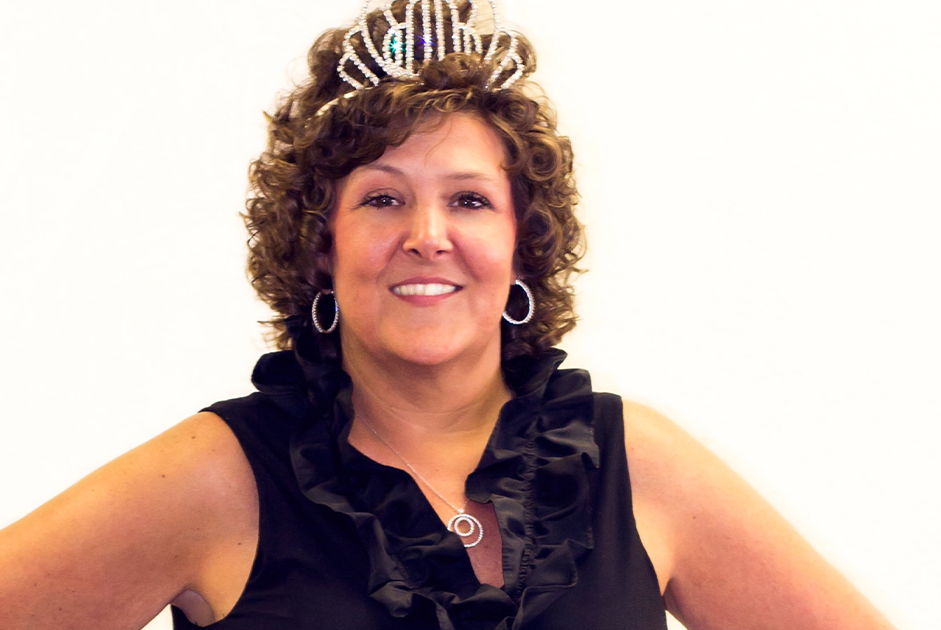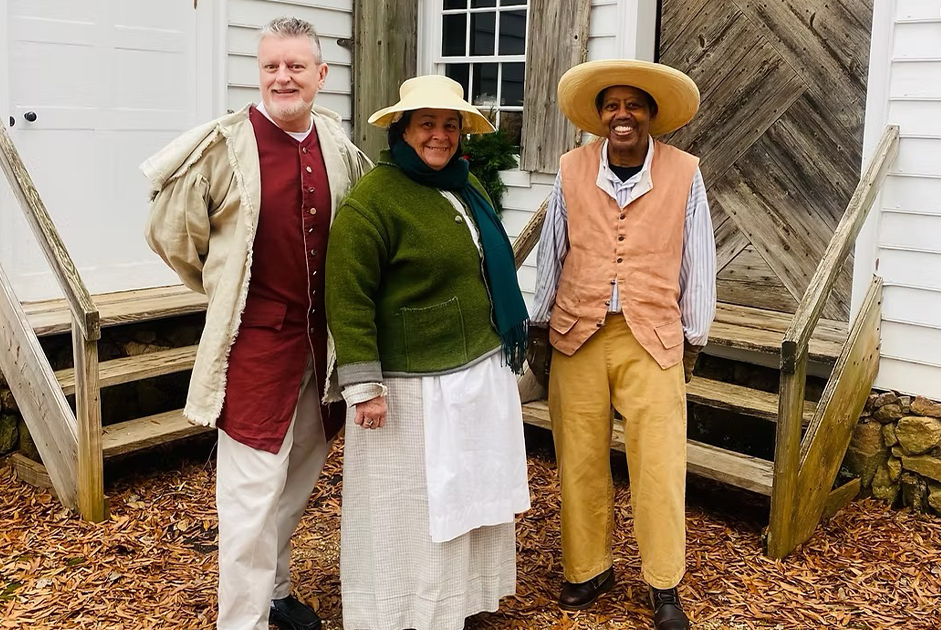The holiday season is a time for joy, reflection, and togetherness. For many, it’s the most wonderful time of the year—until the logistics of visiting multiple families enter the equation. Between Thanksgiving and New Year’s, families who have to split time among several households often face a juggling act that can feel overwhelming. Yet, despite the challenges, many families have found creative ways to make it work, ensuring that the spirit of the season remains intact.
A Season of Flexibility
For Jessica and her husband, Tim, holidays mean visiting both sides of their family, spread out across the state. Jessica shares, “We realized early on that we couldn’t be everywhere on the same day, so we had to get creative. One year, we’ll do Thanksgiving with my parents and Christmas with his. The next year, we flip it.”
This alternating system helps avoid the pressure of squeezing in multiple holiday visits in a single day. Instead, each holiday is spent fully immersed with one family, allowing them to relax and enjoy quality time without feeling rushed. For families navigating multiple commitments, flexibility is key.
Creating New Traditions
Some families embrace the opportunity to create their own holiday traditions that fit their unique situation. For Keisha, who has three sets of grandparents to visit with her kids, she realized they needed to stop trying to replicate everyone else’s traditions. “We started celebrating ‘Thanksmas’—a blend of Thanksgiving and Christmas—on the first weekend in December. It’s become a day where we gather with one set of family, and everyone knows it’s ‘our’ holiday. No one feels slighted because we’re creating something special that’s just for us.”
Blended or non-traditional families may also have to coordinate schedules for kids with different households. Mary, who shares custody of her daughter, learned early on that trying to split Thanksgiving Day between homes was too stressful. “We do Thanksgiving on Friday, and it’s actually worked out so well. We avoid the rush and the pressure. It’s still special, and we have a whole day together.”
Communicating Expectations
Holiday visits can sometimes come with emotional baggage, particularly if extended family members have expectations about how things “should” be done. Open communication is critical to making holiday logistics work.
“Being upfront is the best way to handle it,” says Sarah, who travels between her parents and in-laws every year. “We’ve learned to set expectations early. We let both families know well in advance what the plan is, so there’s less room for disappointment or last-minute stress.”
She also advises setting boundaries to prevent overcommitting. “There was a year we tried to do Thanksgiving lunch at my mom’s, then drive an hour for Thanksgiving dinner at my in-laws. By the time dessert rolled around, the kids were exhausted, and we were stressed. We realized it wasn’t worth trying to be everywhere. Now we don’t rush, and we limit the number of places we go.”
Small Moments, Big Memories
For some, the holidays aren’t about the specific day you celebrate, but the time you spend together. “What matters most is the memories we create, not the date on the calendar,” says Greg, a dad who travels with his family every holiday season. “We’ve had Christmas morning in a hotel room before, and it ended up being one of our kids’ favorite memories. We made it fun, packed some small gifts, and had hot cocoa in bed. That’s what the holidays are really about—finding joy in the small moments.”
The holiday season, with all its complexities, is a time when many families have to balance love, time, and logistics. Whether it’s through alternate schedules, creative new traditions, or open communication, there are countless ways to make the season work for families with multiple places to be.
In the end, it’s not about where you are or who gets visited first, but about creating a space for love, gratitude, and togetherness—even if it means celebrating a little differently. For families on the move, the holiday spirit can be found wherever they gather, no matter how many households are on the list.



















